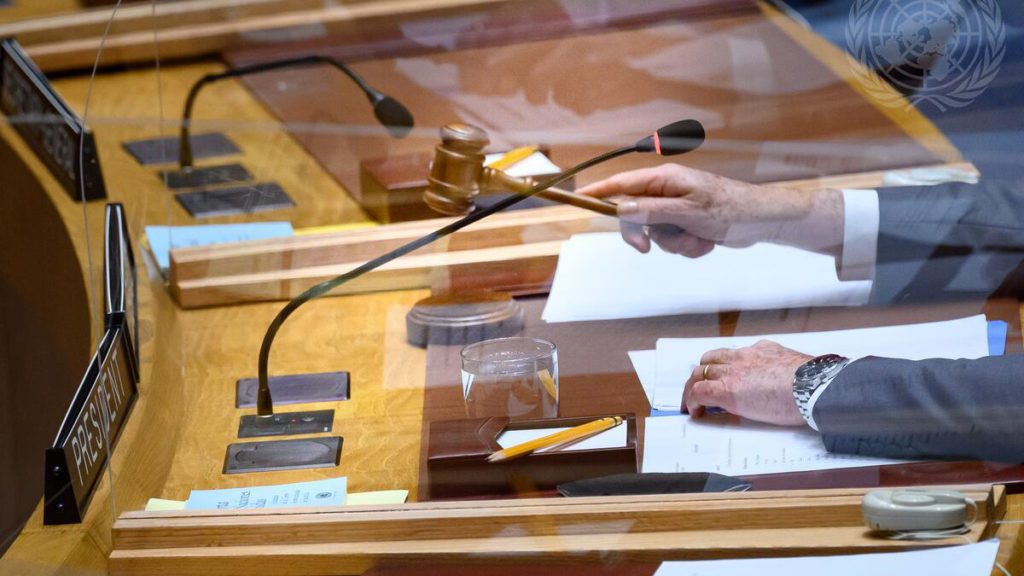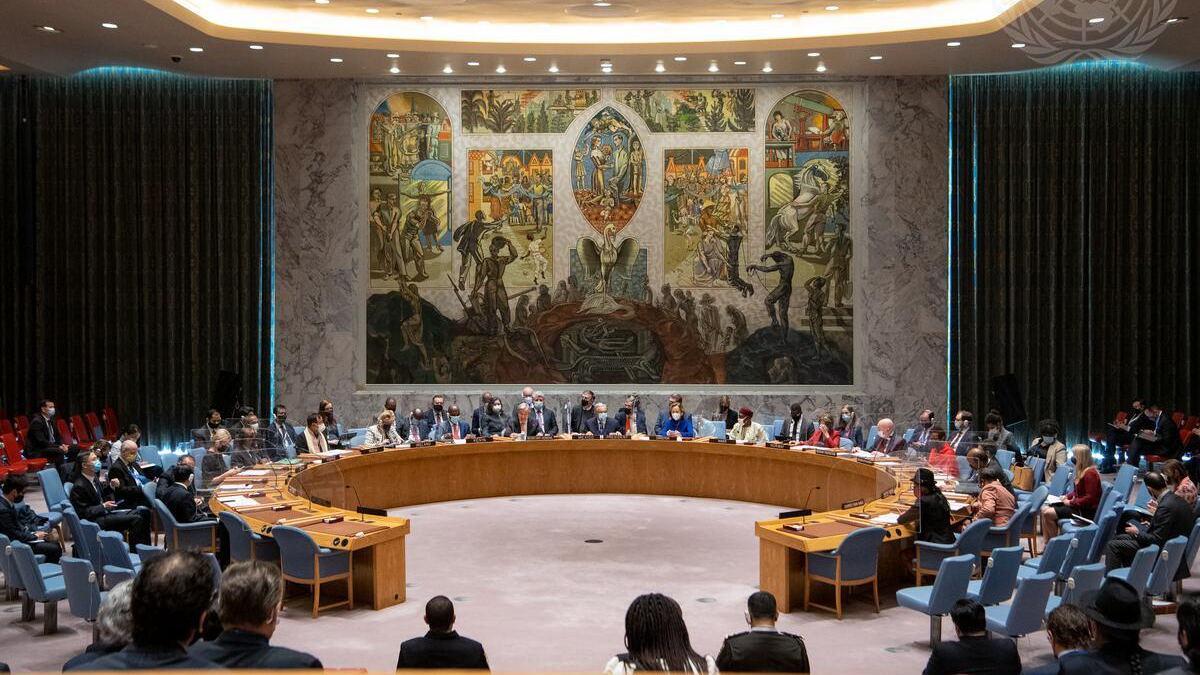Comment: Recent UNSC debates show imagination and collaboration
While the UN Security Council’s agenda continues to be dominated by emerging and sustained crises, recent efforts by non-permanent Member States show a promising level of imagination and collaboration.
Following recent debates in the UN Security Council, we at Inclusive Peace observe a focus not only on current crises, but also on structural questions. This gives hope to how the UN Security Council can be used to address peace and security in a more holistic, preventive and inclusive way. Here are a couple of examples from recent debates that we think highlight this trend:
Focus on Women, Peace & Security
Recent debates in the UNSC included a strong focus on the Women, Peace, and Security agenda, where the joint efforts of Ireland, Kenya and Mexico in November/December 2021 look set to be carried forward by Norway, the UAE and Albania throughout their respective Presidencies in 2022. In January, Norway furthermore used their Presidency to host a Ministerial-level Open Debate on “Protecting Participation: Addressing Violence Targeting Women in Peace and Security Processes”.
Non-permanent UNSC members have more say
Efforts have also been made to revitalize the “early warning” focus of the UNSC, while also placing a further emphasis on the linkages between climate change and peace and security. These actions demonstrate the potential influence non-permanent UNSC members can have on the substantive focus of the UN Security Council, which can serve to counter the positions of other actors who may have traditionally been less open to bringing such matters to the UN Security Council.

A close up of the gavel in the hand of Juan Ramón de la Fuente Ramirez, Permanent Representative of Mexico to the United Nations and President of the Security Council for the month of November. Photo: UN Photo/Loey Felipe
At Inclusive Peace, we view these efforts as providing a critical forum – including for civil society actors – to advocate and influence implementation by the UN Security Council. However, efforts to advance these progressive agendas are often frustrated by dynamics amongst the permanent members of the council which in turn limits the extent to which progressive agendas can actively shape the work of UN envoys and good offices “on the ground”. At the same time, many UN-supported peace negotiation processes are frustrated or stalled.
We very much welcome the energy, imagination and determination of a significant number of Member States in trying to move the needle forward on key agendas – including on WPS and inclusion more broadly – and see our work at Inclusive Peace as a contribution to these efforts in practical, concrete ways both through our peace process support and our research agenda.

